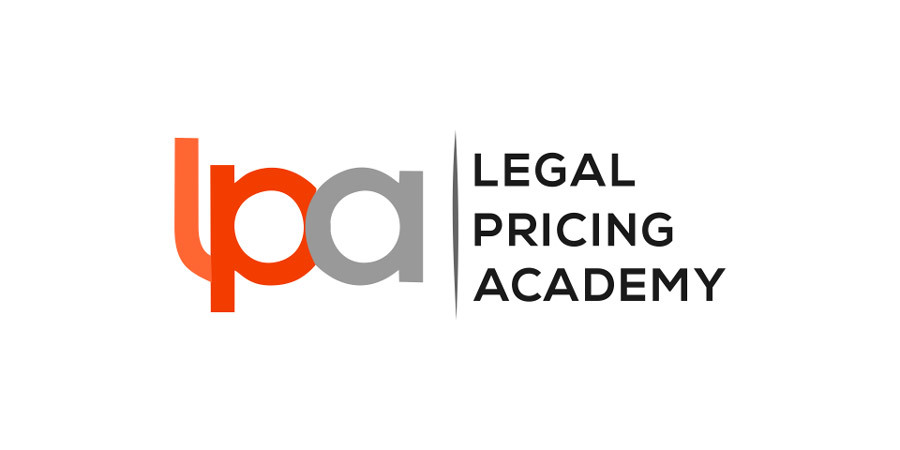‘Abort fee’, verb with noun - (origins unknown but thought to be developed by law firms that have since gone broke) – phrase meaning to give a client a big discount when something doesn’t pan out as they wanted but the law firm has to take it on the chin anyway.

Of all the dubious pricing strategies the legal profession has capitulated on, the so-called 'abort fee' must be right up there in terms of its disconnect from rational economic behaviour, its fairness, and its capacity to materially misalign the clients' and the firms' interests.
It is a toxic legacy that has been with us for a long time but which became the aggressive 'norm' during the GFC when law firms systemic inability to differentiate themselves or communicate a compelling value proposition was brought into stark relief and saw most in the profession respond with pricing creativity that did not extend much beyond 'count the ways we can discount and throw money away'.
Having spent many years teaching clients (and ourselves) that this is a fair and reasonable expectation, the profession now has a monumental job of work to re-educate clients (and ourselves).
We have always encouraged the firms we work with to demonstrate a willingness and ability to share price risk with clients. It tangibly aligns both party's interests, it displays a degree of commerciality that clients find reassuring and refreshing and whilst it comes with risks, it also comes with potential upside.
And this is the nub of the issue – price risk. Or more correctly, price risk sharing. 'Sharing' is the operative word here. Risk and reward as economics concepts are inseparable. It is why for example credit card interest rates are much higher than home mortgage rates – the risk profile (default and collection loses) for the lender is much higher with the credit card.
That means that if the firm is going to agree to the application of some discount if a transaction fails to complete, or a deal doesn't pass muster during due diligence, there must be some countervailing up-side – an uplift of some description if the deal does fire.
At what point did we deem it sensible or necessary to dispense with the upside? We can in some circumstances justify discount/up-side asymmetry but no upside at all?
The irony is that some of our best work entails identifying reasons for a matter not to proceed to conclusion; the property deal with the dodgy title or zoning that will haunt the client and potentially reduce the value of the property when they resell, the business purchase where due diligence exposes significant latent liabilities or deficiencies, the potential claim that lacks merit and cries out for a negotiated settlement.
Paradoxically, it is in the lawyers' interest to advise the client to proceed. After all, a larger fee awaits. We don't, because most lawyers are consummate professionals with an accurately calibrated ethical compass who have an unwavering commitment to doing the right thing by the client, even if it means sacrificing a decent fee.
So again, I ask, what is the rationale for discounting a fee incurred in the course of saving the client money or embarrassment or worse? We have taught clients to view that cost as a waste of money for which we should bear some of the pain. They incur £20,000 on a deal that doesn't proceed and the firm is expected to offer up a discount against an otherwise appropriate fee.
It would be better to be a shareholder of the clients business. At least shareholders experience the downs and the ups. As professional service providers we only get the downside.
We sigh philosophically and console ourselves that some fee is better than nothing, and then reassure ourselves that we will get the next deal (maybe). There was a time when the nature of the solicitor/client relationship was more enduring, characterised by deeper loyalty - marketers would say the relationship was 'stickier'. Not so much these days. So jobs have to 'wash their face' here and now.
Even if you feel you must offer an abort fee with no upside, at least seek to limit its impact. One way to do this is to have an abort fee matrix that has variable implications. For example, the abort fee doesn't apply if the client simply changes their mind or uses a legitimate mechanism to bring the matter to an end. In other words, the discount only applies if the deal collapses as a result of circumstances or matter beyond the clients' control.
At the end of the day, being a good lawyer, providing great advice, service and support, sharing price risk and taking the long view are all consistent with what clients expect. We do not need to sell ourselves short and we need to get much better at having the price risk sharing narrative with clients.

